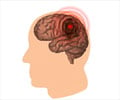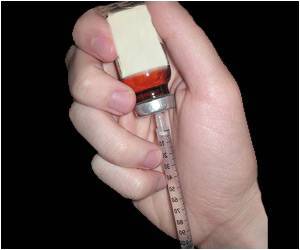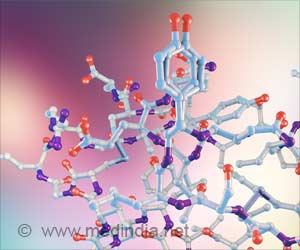Drugs that promote neurogenesis in rodents- which include antidepressants and mood stabilizers such as lithium-could benefit human stroke victims.
Drugs that promote neurogenesis in rodents- which include antidepressants and mood stabilizers such as lithium-could benefit human stroke victims, according to a study at Buck Institute for Age Research.
Research in rodents shows the growth of new neurons, also known as neurogenesis, lessens the severity of stroke and dramatically improves function following a stroke.The study also suggests that the drugs may be suitable for study in human clinical trials.
"What this study shows more convincingly than in the past is that the production of new neurons after stroke is beneficial in rodents. Assuming that neurogenesis is also beneficial in humans, drugs approved by the FDA for other purposes and already shown to promote new neuron growth in rodents might be worth studying as a potential treatment for stroke in humans. For example, antidepressants are often used to treat post-stroke depression, but their potential for improving outcome from stroke itself is less certain," said Buck faculty member and senior author Dr. David Greenberg.
In an earlier study, the researchers showed that the brain attempts to heal itself following stroke by growing new neurons, but it has not been shown clearly that those new neurons improve function.
Treatments for stroke are limited. Clot busting drugs, which have to be given within hours of the stroke, have been of great benefit to a small number of patients, but stroke is not usually diagnosed in time for them to be used.
The current study, which did not involve screening any of the existing drugs that support neurogenesis, compared stroke size and recovery in mice who were genetically altered and treated to either grow or not grow new neurons prior to stroke.
Advertisement
The exact mechanism by which the new neurons improve outcome is unknown.
He said that it is also likely that the impact of the growth of new neurons will be examined in animal models of Alzheimer's, Parkinson's and Huntington's disease.
The study has been published in the online edition of the Proceedings of the National Academy of Sciences.
Source-ANI
SRM















